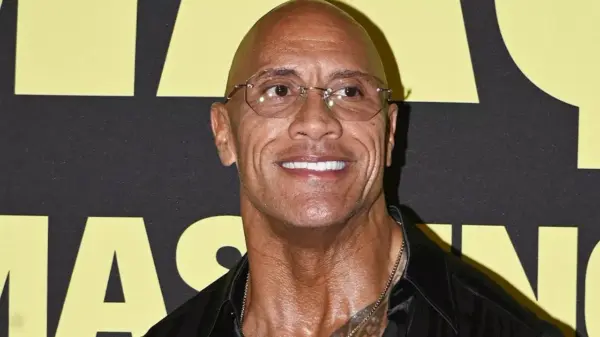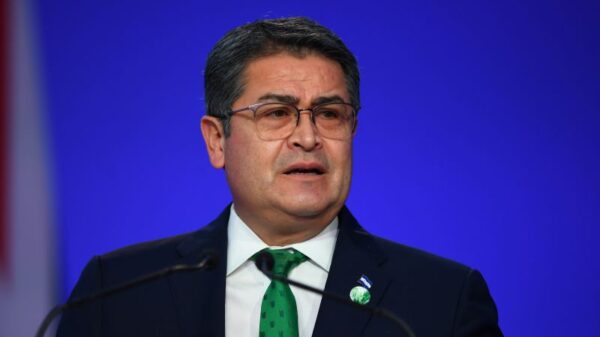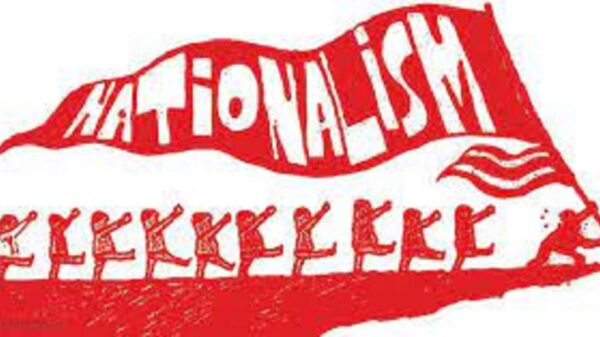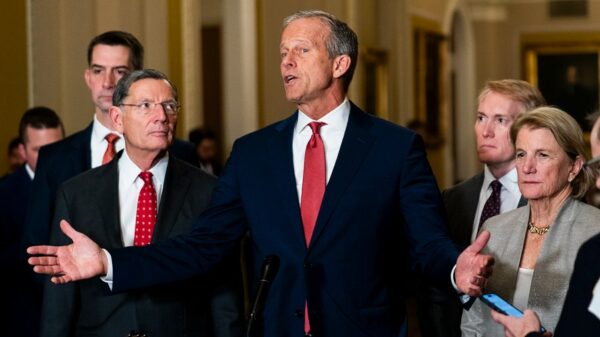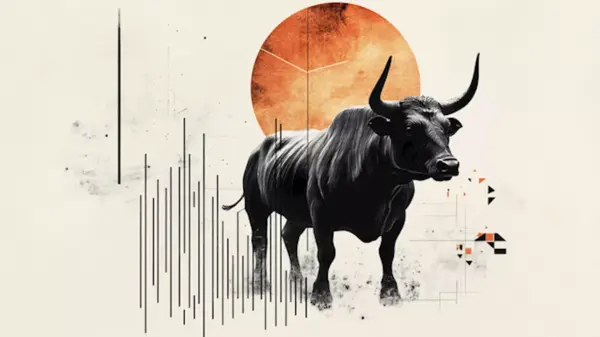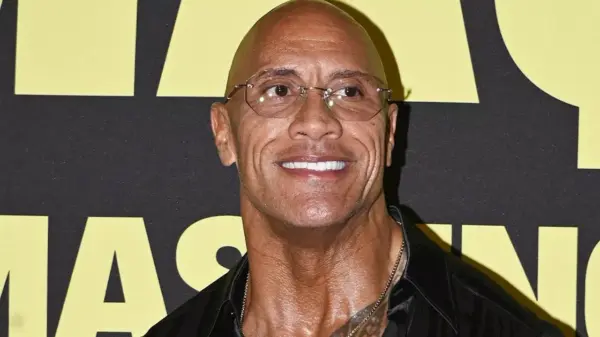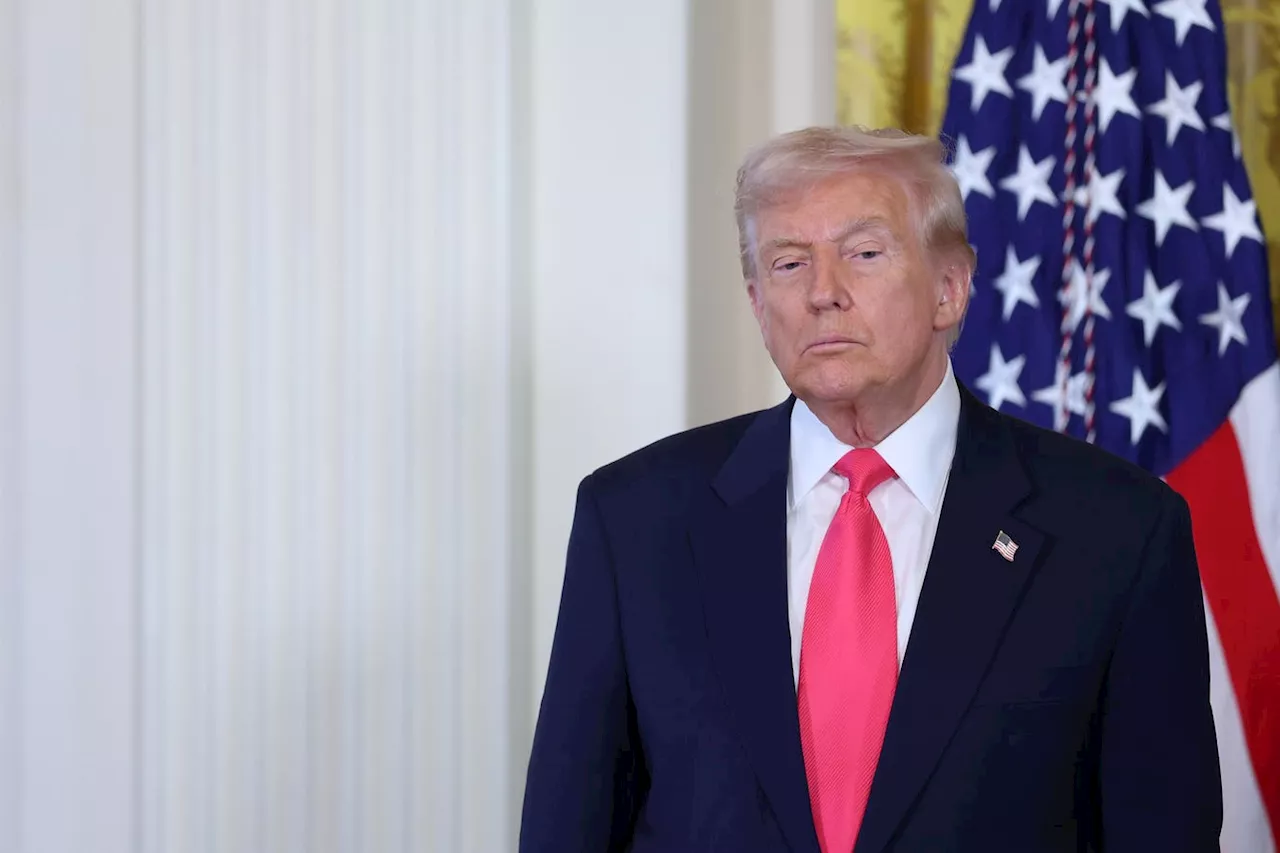The United States Department of Justice has opened an investigation into the connections between the late financier Jeffrey Epstein and several prominent figures, including former President Bill Clinton. This move follows a request from President Donald Trump, who has suggested that the inquiry is necessary to examine Epstein’s relationships with various individuals, including former Treasury Secretary Larry Summers and LinkedIn cofounder Reid Hoffman.
Attorney General Pam Bondi announced the appointment of Jay Clayton, U.S. Attorney for the Southern District of New York, to lead the investigation. Bondi emphasized that the Justice Department intends to pursue the matter with “urgency and integrity,” aiming to provide answers to the American public regarding Epstein’s ties to multiple institutions and individuals, including JPMorgan Chase. This announcement comes in the wake of House Democrats releasing a new batch of emails from Epstein that reportedly detail his communications with Trump.
The investigation has emerged amidst claims from Trump that Democrats are using the release of Epstein’s emails as a diversion from significant issues, such as the ongoing government shutdown. Trump characterized the focus on Epstein as part of a “hoax” aimed at undermining Republican figures, stating it involved “Democrats, not Republicans.”
In a series of statements, Trump reiterated his call for the Justice Department and the FBI to investigate Epstein’s connections, despite previously downplaying the public’s interest in the financier. The president’s allegations suggest a broader political narrative, as he has previously targeted various Democrats with accusations of misconduct. Among those mentioned are New York Attorney General Letitia James, Federal Reserve Governor Lisa Cook, and Representative Eric Swalwell, although only James has faced any criminal charges to date.
The investigation into Epstein’s associations adds to a complex tapestry of political maneuverings, positioning the Trump administration’s actions as not just a response to Epstein’s controversial past, but also as a strategic move to highlight alleged wrongdoing among political opponents. As the inquiry develops, it promises to keep public attention focused on the intersection of politics and the ongoing fallout from Epstein’s life and connections.
In conclusion, the Justice Department’s new investigation underscores the continuing ramifications of Jeffrey Epstein’s legacy, as well as the ongoing political battles that surround his case. The outcomes of this inquiry may significantly impact the political landscape, particularly as it relates to the relationships between powerful figures and the scrutiny they face.



